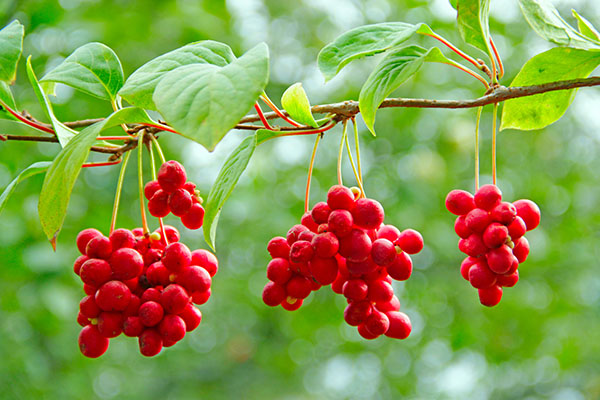Combat wrinkles naturally with a healthy diet
09/02/2025 / By Willow Tohi

- Dietary habits profoundly impact skin aging.
- Glycation, oxidation and inflammation are key processes involved in skin aging.
- Foods rich in antioxidants, anti-inflammatory compounds and low glycemic load help mitigate these processes.
- Opting for whole, nutrient-dense foods and reducing sugar intake can significantly improve skin health.
- Incorporating a variety of fruits, vegetables, herbs and spices in everyday meals supports skin elasticity and hydration.
Our skin, the largest organ, mirrors our systemic health, offering a window into our diet, lifestyle and overall well-being. Despite the inevitability of aging, adopting a healthier diet can mitigate the visible signs of aging. Today, we explore how nutrients from the foods we consume impact our skin’s vitality and longevity. Dr. Trisha Khanna, a dermatologist and Medical Advisory Board member at Codex Labs, emphasizes, “Diet profoundly and undoubtedly influences how our skin ages.” This article delves into the science behind skin aging and nutritional strategies that can fight wrinkles and bolster skin health.
Glycation: The sweet story behind skin wrinkles
One major culprit in skin aging is glycation, a process where sugars bind to proteins like collagen and elastin. This binding alters the structure and function of these proteins, making the skin stiffer and more prone to wrinkles and sagging. While the body naturally clears glycation products, a diet high in sugar and processed foods overwhelms these systems, accelerating the formation of advanced glycation end products (AGEs). AGEs contribute to “sugar sag,” causing skin to lose its elasticity and resilience. Incorporating foods rich in antioxidants — such as green tea, cinnamon and pomegranate — can help block the formation of AGEs and support a robust skin repair system.
Fighting inflammation to maintain skin elasticity
Chronic inflammation is another major player in skin aging. It leads to oxidative stress, which impair skin regeneration and accelerates aging from within. Antioxidants found in foods like vitamins A, C and E play a pivotal role in neutralizing free radicals that cause oxidative damage. Vitamin C, a hero in collagen production, can be found in citrus fruits, strawberries and broccoli, while berries, nuts and seeds offer significant vitamin E. Omega-3 fatty acids from fish oils and flaxseeds not only hydrate the skin but also reduce inflammation, supporting a healthy skin barrier.
Building a skin-friendly diet
A balanced diet tailored for skin health involves integrating nutrient-dense foods that address hydration, collagen production and cellular repair. Vanessa King, a registered dietitian nutritionist, suggests building a simple bowl for a skin-friendly meal: start with an omega-3-rich fish like salmon or sea bass, add some complex carbohydrates like sweet potato or lentils, and load up on greens like spinach or kale. Completing the meal with an antioxidant-rich dressing and a glass of unsweetened green tea ensures your skin benefits from a variety of protective and nourishing nutrients.
The power of superfoods in slowing aging
While genetics and environmental factors undoubtedly influence skin aging, diet remains one of the most accessible tools for making a tangible difference. Incorporating superfoods — like açai berries, spirulina and Moringa oleifera — into your diet provides an added layer of protection against oxidative stress and inflammation. These nutrient-dense foods have been shown to counteract skin aging by supporting collagen structure, improving elasticity and protecting against free radical damage. Avoiding refined sugars, dairy and processed fats further aids in maintaining a youthful glow.
Nourish the skin from within for a radiant lifespan
Incorporating foods that are naturally rich in antioxidants, anti-inflammatory compounds and low glycemic loads can profoundly improve skin health and longevity. By focusing on whole, nutrient-dense foods and reducing harmful dietary habits, you can mitigate the effects of glycation, inflammation and oxidation. Embracing a diet that supports your skin’s natural renewal cycle is not only a step towards healthier aging but also a path to a more vibrant, youthful appearance. By treating our skin like the largest organ it is, we can harness its full potential for beauty and health.
Sources for this article include:
Submit a correction >>
Tagged Under:
#nutrition, aging secrets, alternative medicine, anti-aging, antioxidants, food cures, food is medicine, food science, functional foods, health science, longevity, men's health, natural cures, natural health, natural medicine, Naturopathy, nutrients, prevention, remedies, skin health, tips, women's health
This article may contain statements that reflect the opinion of the author





















